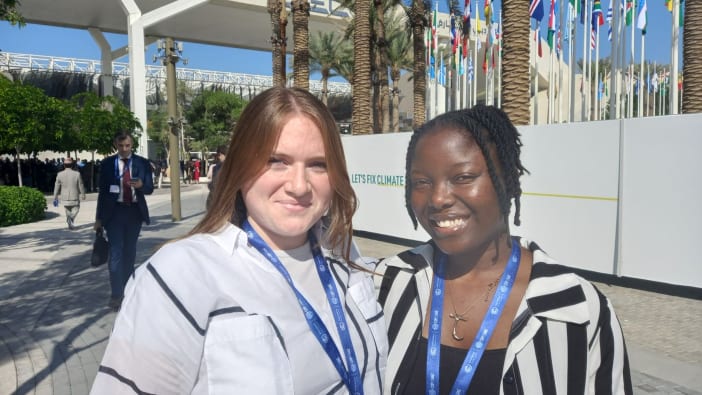The driver who’d seen my thumb and swung into the lay-by offered to take me all the way from Bordeaux to Paris. For a hitchhiker, this is a dream-ride and I settled in for a long journey discussing the pen of my aunt and the price of local cheese in my best schoolboy French. It all seemed to be going rather well until our conversation turned towards homoeopathy and the geology of Scotland (a country my driver apparently loves).
Eventually, he drew a deep breath and cleared his throat. ‘Zee Anglais,’ he said, ‘are zee worst speakers of ma language in zee world…’. He paused to let his words sink in. ‘And you, mon ami, are zee worst Englishman I ‘av ever heard speaking ma language.’
The British education system had, it turned out, prepared me with commendable zeal and focus over three long years for quite extensive discussions about stationery and affordable dairy products, but had somehow left me woefully deficient in the realms of alternative medicine, tectonic plates and, well, actually almost anything else.
The most important conversation of our lives – the one we call prayer – can sometimes be a lot like that awkward exchange on the way to Paris. We feel self-conscious and tongue-tied, as if speaking a foreign language – especially when praying about big, hairy, confusing subjects like systemic injustice and global poverty.
Feeling ‘overwhelmed’?
Tearfund’s research backs this up precisely. One study discovered that 65 per cent of us describe the prospect of praying about global poverty ‘overwhelming’. And, of the whopping 27 million people in the UK who pray, 71 per cent report doing so for their families, 40 per cent for healing and their friends, but just 24 per cent pray about global issues of poverty, injustice and environmental crisis. In other words, we’re pretty fluent in prayer for our own felt-needs, but when it comes to the greatest, most urgent needs of our time, we struggle, we stutter, and honestly, mostly, we don’t pray at all. Things get badly lost in translation.
This is one of the reasons I am grateful for One Voice in Prayer. A bit like Google Translate, it makes praying for global issues a little less intimidating by supplying me with conversation-starters to talk with God about things that really matter.
Prayer as a two-way conversation
This idea of prayer as a two-way conversation in which God speaks as well as listens is not unfamiliar. Jesus said: ‘My sheep listen to my voice; I know them, and they follow me.’ (John 10:27) But all too often, when it comes to global injustice, we stop listening. Our prayers become a monologue – a shopping list of things we want God to do.












